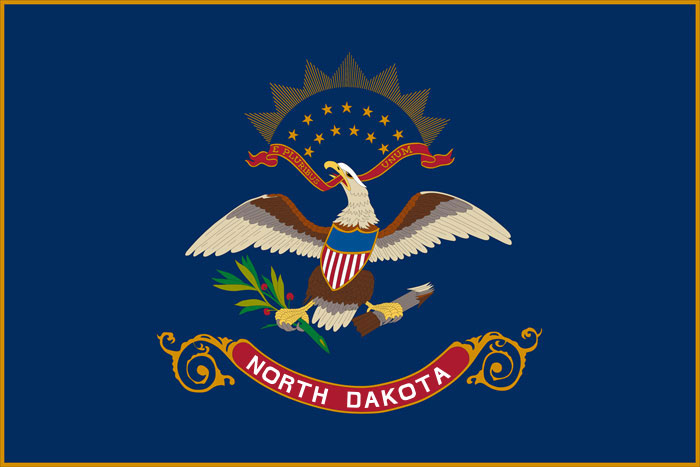Roughly 1 in 6 Americans get sick due to foodborne diseases each year. Since Thanksgiving is a holiday known for the preparation of large meals to be enjoyed between friends and family, North Dakota Health and Human Services (HHS) wants to remind North Dakotans that preparing and handling food in the correct way is important to prevent foodborne illnesses.
“Following the basics of food safety when preparing turkey and other foods can help you and others stay healthy this holiday season,” said Slate Boyer, HHS epidemiologist.
HHS recommends the following food safety tips:
- Wash hands with soap and clean, running water for at least 20 seconds before, during and after preparing food, as well as before eating it. Dry hands with a clean towel.
- Wash cutting boards, dishes, utensils and countertops with hot, soapy water, especially after they have come into contact with raw meat, poultry, seafood or eggs.
- Keep raw meats, poultry, seafood eggs and other food from coming into contact with each other to prevent cross-contamination.
- Use a food thermometer to ensure foods are cooked thoroughly. See a safe minimum internal temperature guide for various foods at Cook to a Safe Minimum Internal Temperature | FoodSafety.gov.
- Avoid leaving food out too long at room temperature. This can cause bacteria to grow to dangerous levels causing illness.
- Never leave food unrefrigerated for over two hours. Learn more at "Danger Zone" (40 °F - 140 °F) | Food Safety and Inspection Service (usda.gov).
- Practice safe thawing of turkeys. Turkeys can be thawed in the refrigerator, in a sink of cold water if the water is changed every 30 minutes, or in the microwave. No foods should thaw on the counter. Find safe thawing tips for different sized turkeys at Turkey Basics: Safe Thawing | Food Safety and Inspection Service (usda.gov).
Common symptoms of foodborne illness include nausea, sickness, abdominal cramps and loose stools. HHS advises individuals who have signs of severe illness, which may also include a fever higher than 102 degrees Fahrenheit or dehydration, to consult a health care provider.
To learn more about food safety or to report a possible foodborne illness, contact the HHS Disease Control and Forensic Pathology Section at 701-328-3278 or visit the HHS Foodborne and Gastrointestinal Illness webpage.

